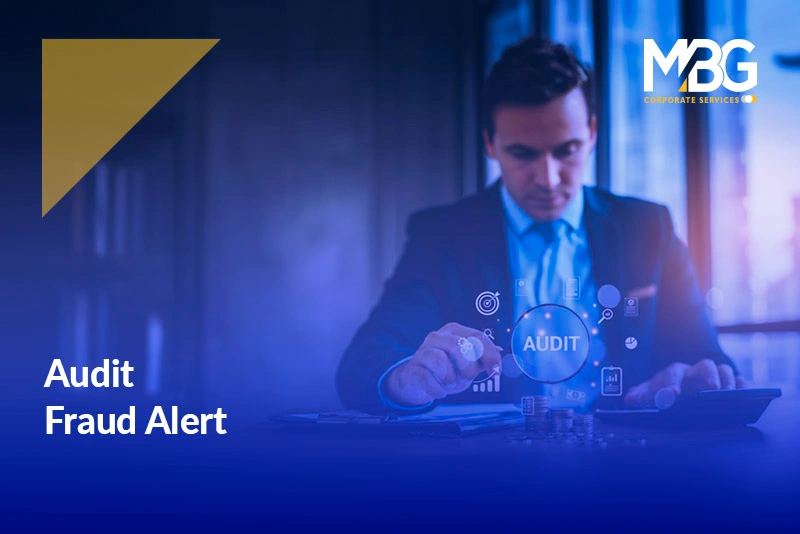Financial Reporting and Assurance
ISA 240 Revised 2025: The Auditor’s Responsibilities Relating to Fraud
- On July 8, 2025 revised standard was published by the International Accounting Standards Board (IASB)
- Effective date: December 15, 2026. Early adoption of ISA 240 (Revised) is allowed, and jurisdictions are encouraged to consider it.
Key Aspects of the Revised ISA 240
- Clarify and strengthen auditor responsibilities and duties in detecting and preventing fraud.
- It emphasizes applying a fraud lens in the auditor’s risk assessment and the appropriate responses to identified risks and provides greater transparency in the auditor’s reports of publicly traded entities.
- Increased transparency and communication around fraud-related procedures and reporting (especially for publicly traded entities).
- The standard reinforces the ongoing need for professional skepticism when conducting fraud-related audit procedures.
- Scalability and proportionality-The revisions include application material and examples to support the consistent and effective application of the standard to a range of audit engagements, regardless of size or complexity.
Summarizing key features of old ISA 240 versus new ISA 240 (Revised, 2025),
| Area | Old ISA 240 | New ISA 240 (Revised, 2025) |
| Scope | Standard emphasizes on the auditor’s responsibility to consider fraud and error in an audit of financial statements. | The revised standard refocuses on fraud only |
| Fraud Lens / Risk Assessment | The old standard requires identification and assessment of risk of material misstatement due to fraud, distinguishing between fraudulent financial reporting and misappropriation of assets, and considering management override | The revised standard mandates applying a fraud lens throughout risk assessment — i.e., the auditor must explicitly view risk through a fraud perspective. Stronger linkage to other ISAs (ISA 315, etc.). |
| Professional Skepticism | The extant standard already requires maintenance of professional skepticism, awareness of the possibility of fraud even when past experience suggests no issues. | The revised standard strengthens and makes more explicit expectations for consistent exercise of professional skepticism at all stages of the audit: a questioning mindset, challenge of assumptions, consideration of contradictory evidence. |
| Use of Specialists | The extant standard allows use of experts when necessary, but there is less detailed discussion. | The revised standard gives clearer direction regarding when specialized skills or knowledge may be needed to investigate fraud or suspected fraud. |
| Link to Going Concern / Financial Distress | The extant standard deals only with fraud; links to going concern are more incidental. | ISA 240 (Revised) is designed to be adopted in conjunction with ISA 570 (Revised 2024) because fraud risk and financial distress often intertwine. |
| Key Audit Matters / Auditor’s Report | The old standard does not require specific fraud-related KAM disclosures (except as relevant under general KAM rules). | The revised standard introduces clarity around including fraud-related matters as KAMs in auditor’s report (for publicly traded / public interest entities) or stating that there are no KAMs related to fraud, if applicable. |
| Documentation Requirements | The auditor must document risk assessment, identified risks, responses, and communications. | The revised standard tightens documentation expectations—more extensive support for judgments, responses, rationale, and professional skepticism. |







